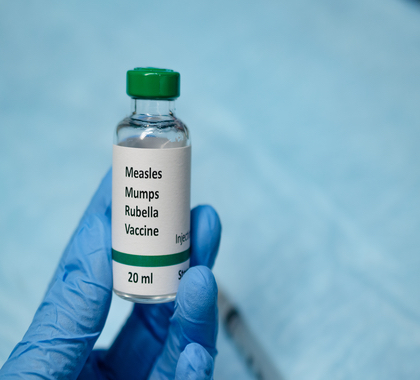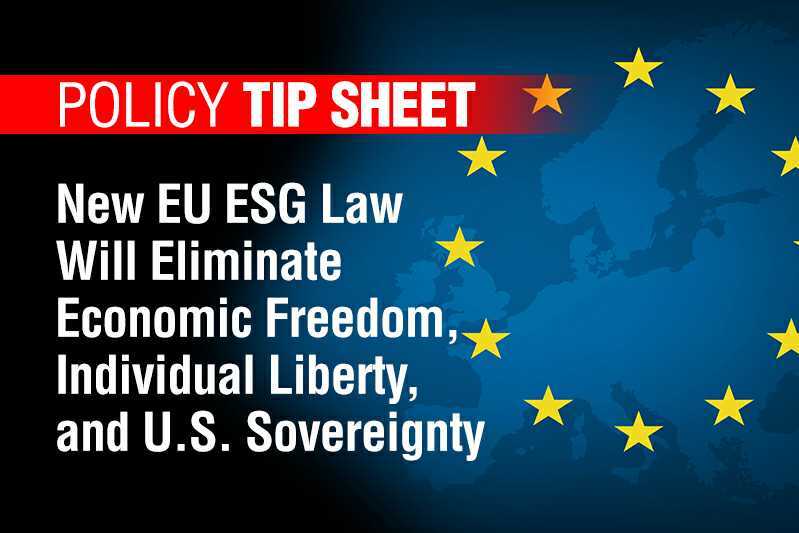“Politicians never let a good crisis go to waste,” said Jane Orient, M.D, author of Your Doctor Is Not In: Healthy Skepticism About National Healthcare. Orient says she does not deny measles can have serious complications, especially for young children and the immune-suppressed, but the measles-mumps-rubella (MMR) vaccine does involve risks as well, a fact she says politicians and health officials are downplaying or outright denying.
“I think this is a violation of medical ethics and of national and international law,” Orient said. “All medical interventions require informed consent. To touch a patient without consent can be prosecuted as assault and battery. Why should vaccines be exempt? All of them have in their FDA-required inserts a long list of potential adverse reactions, including lifelong crippling or death.”
Calls for Alternatives
The Centers for Disease Control reported 1,022 cases of measles in the United States through June 6. State and local governments have been taking unusual measures in response, such as a mandatory measles vaccination order in New York City subjecting violators to a $1,000 fine and six months in jail. Arizona lawmakers have raised questions with interference with informed consent when they scrapped a bill that would have required providers to give patients the vaccine package inserts, listing use instructions and side effects. Michigan is considering a measure that could potentially shame parents into compliance by giving school boards permission to allow schools to post vaccine rates.
Orient says these measures border on tyranny.
“Punishing people who have done no harm is despotic,” Orient said. “People can’t infect people simply by being unvaccinated. And vaccinated people who have been exposed may also be able to transmit disease, even if asymptomatic themselves.”
In addition to being unjustifiably intrusive, vaccine requirements aren’t the best way to control disease outbreaks, Orient says.
“If there is a clear and present danger, temporary quarantine is a far better and more effective measure,” said Orient.
‘Why Do It?’
Basic hygiene practices such as handwashing and avoiding contact with sick people also help slow the spread of measles, Orient says.
“We should respond to measles outbreaks by employing the same things that caused measles mortality to plummet before there was a vaccine: sanitation, hygiene, good nutrition, and isolation of infected persons,” Orient said.
The exact rate of adverse reactions to the MMR vaccine is unknown, but that doesn’t justify intrusive government mandates, Orient says.
“People should have a right to make their own medical decisions and have a say over what happens to their bodies,” Orient said. “The likelihood of an adverse reaction is not precisely known, but does it matter? Can you force a person to accept a one in a million chance of death to achieve a hypothetical benefit to someone else? Why do it?”
Ashley Herzog ([email protected])writes from Avon Lake, Ohio.




